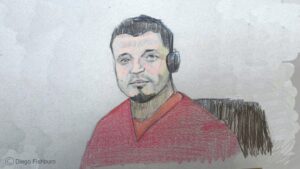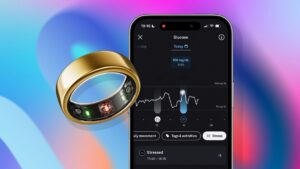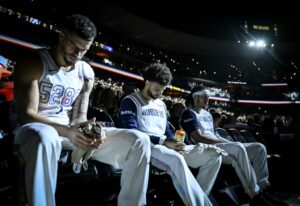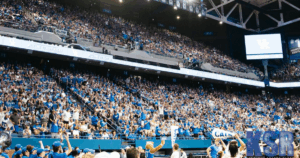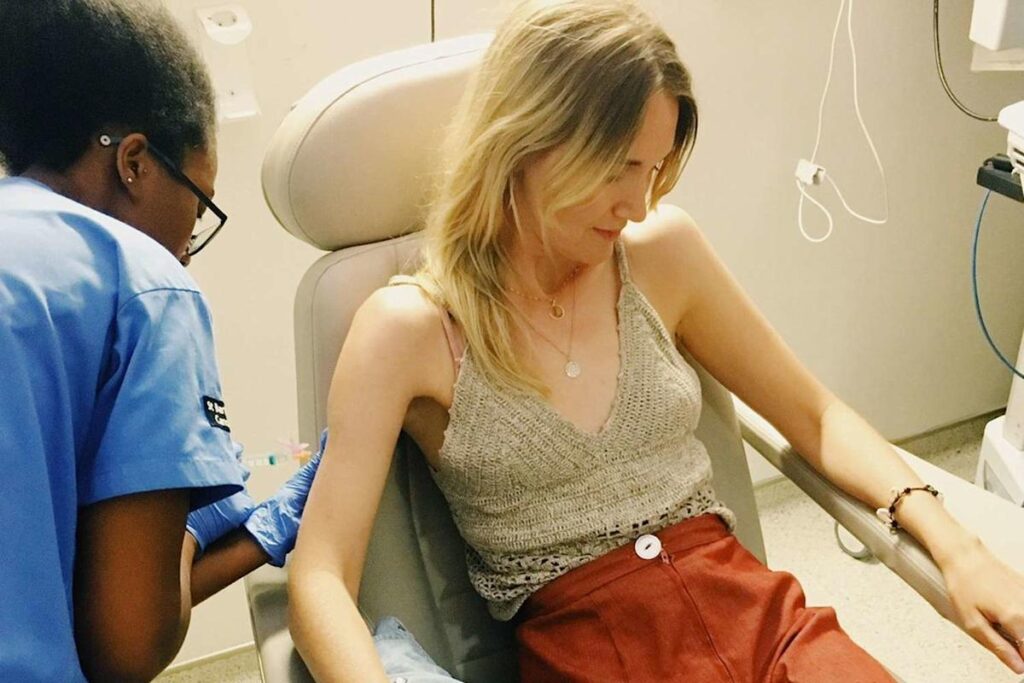
Leah Hughes was just 29 when she first noticed a small lump in her breast. Despite her concerns, her doctor dismissed it as a common change associated with menstrual cycles, telling her she “didn’t qualify” for breast cancer testing. Now, nearly a decade later, Hughes is fighting stage 4 cancer, a battle that has spread to her liver, bones, brain, and lungs.
Hughes, now 38, is sharing her story to warn others about the dangers of assuming they’re “too young” for cancer screening. Her journey underscores the critical need for awareness and early detection, especially as guidelines typically recommend breast cancer screening for those aged 40 and older.
Initial Dismissal and Delayed Diagnosis
When Hughes first approached her general practitioner with concerns about the lump, it was attributed to fibrocystic breast tissue, a non-cancerous condition often linked to hormonal changes. This assumption, while common, delayed her diagnosis significantly. It wasn’t until three years later, in April 2018, that Hughes noticed a shadow and dimple on her breast, prompting her to seek further medical attention.
“When I explained it to doctors on the phone, they referred me straight to the hospital,” Hughes recounted. There, she underwent a mammogram, ultrasound, and biopsy, which confirmed her worst fears: she had breast cancer.
The Spread of the Disease
Following her diagnosis, Hughes underwent extensive testing to determine the extent of the cancer. MRI, PET, and bone scans revealed that the disease had metastasized to her bones and liver. Doctors informed Hughes that her cancer was incurable, a devastating blow that set the stage for a prolonged and arduous treatment journey.
Despite the grim prognosis, Hughes managed the cancer through various drug treatments. In 2022, she underwent a single mastectomy followed by chemotherapy. However, by August 2024, routine scans showed the cancer had spread further, necessitating whole-brain radiotherapy and additional chemotherapy.
“With stage 4 breast cancer, you know it can spread to the brain and you do worry,” Hughes said. “But I didn’t expect it then, because I had no symptoms at all.”
Challenges and Resilience
In March, Hughes began experiencing respiratory issues, discovering that the cancer had spread to her lungs. This new development required a procedure to remove 4.5 liters of excess fluid, a stark reminder of the relentless nature of her illness.
Currently in her sixth round of chemotherapy, Hughes is also fundraising to afford Enhertu, a drug not widely available for her cancer type and stage. Despite the challenges, she remains resilient, stating, “I can’t believe everything I’ve been through. You don’t realize until you sit back and reflect. But I have no choice just to get on with it and keep fighting.”
Implications for Cancer Screening
Hughes’ experience highlights significant gaps in cancer screening protocols, particularly for younger individuals. According to the American Cancer Society, breast cancer screening typically begins at age 40, leaving younger women potentially vulnerable to late diagnoses.
Experts argue for more personalized screening approaches that consider individual risk factors beyond age. Dr. Jane Smith, an oncologist, notes, “While age is a factor, family history, genetic predispositions, and other health indicators should guide screening decisions. Leah’s case is a poignant reminder of the need for vigilance and advocacy in healthcare.”
As Hughes continues her fight, her story serves as a powerful call to action for both medical professionals and patients. Early detection remains a critical factor in cancer treatment success, and Hughes’ journey underscores the importance of listening to one’s body and advocating for necessary tests, regardless of age.
For more updates on Leah Hughes’ journey and other compelling human interest stories, sign up for our free daily newsletter.
